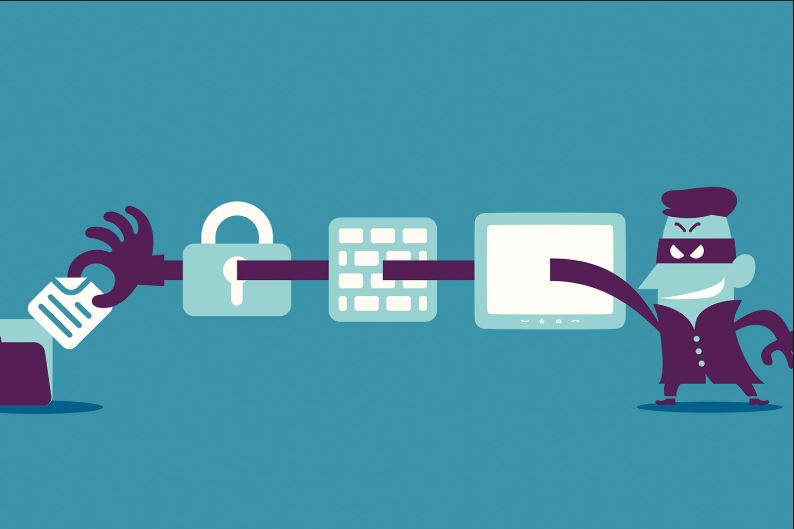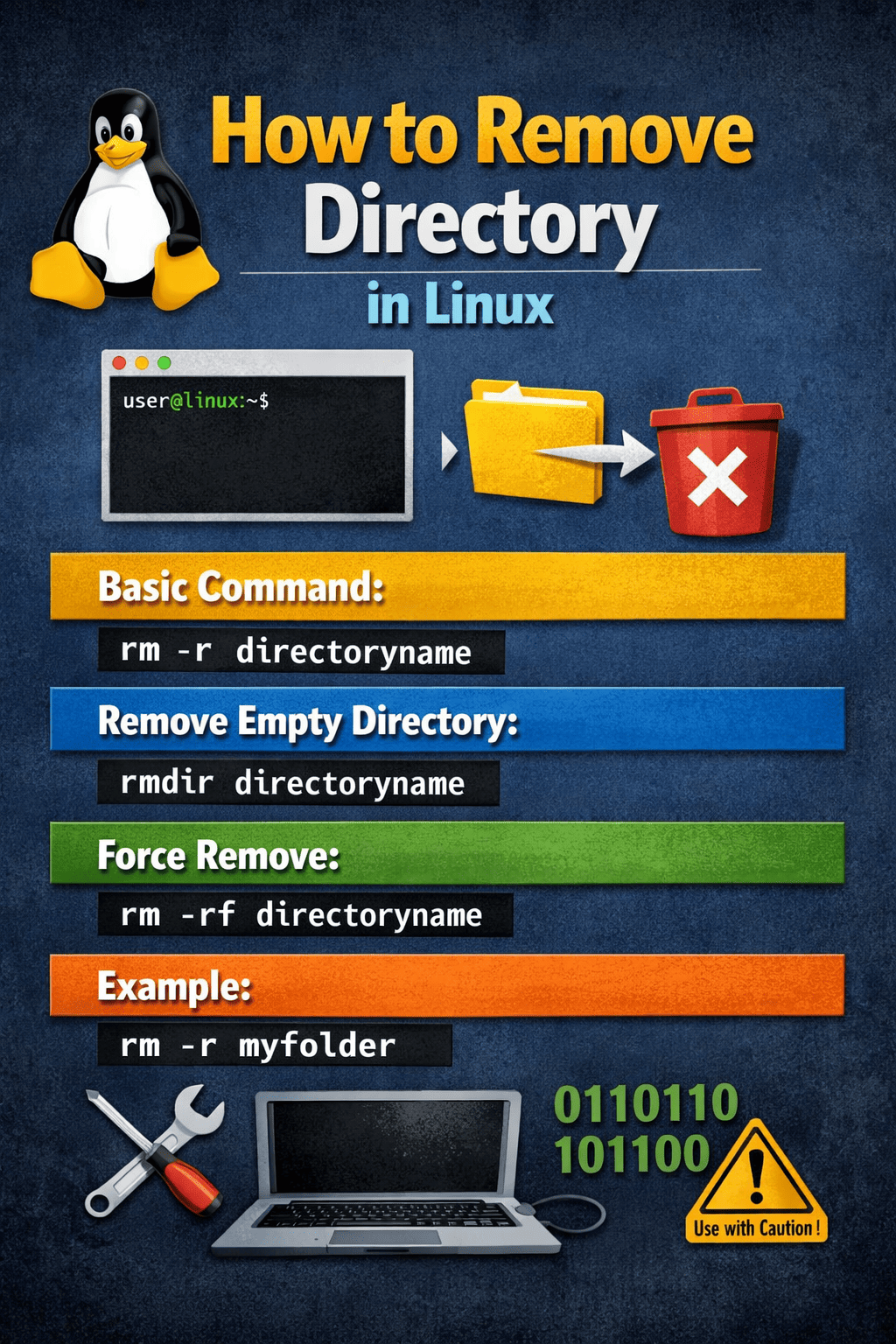What Does Crypto Mean? A Beginner’s Guide to Cryptocurrency
Updated on July 28, 2025, by Xcitium

Have you ever wondered, “What does crypto mean?” If so, you’re not alone. With digital currencies making headlines and blockchain technology disrupting industries, it’s time to break down the meaning of crypto in a clear and simple way.
Crypto Meaning
In this beginner-friendly guide, we’ll explore the definition of crypto, how it works, real-world crypto uses, and the safety concerns surrounding digital assets. Whether you’re a curious IT manager or a CEO eyeing digital finance trends, this article will help you grasp the essentials of cryptocurrency.
What Does Crypto Mean?
In simple terms, “crypto” refers to cryptography, the technology used to secure and verify transactions. It also commonly refers to cryptocurrency, a form of digital or virtual currency that uses cryptographic techniques for security.
Cryptocurrencies are decentralized, meaning no central bank or government controls them. Instead, they operate on blockchain technology, a transparent and tamper-resistant digital ledger.
A Quick Look at the Origins of Cryptocurrency
- Bitcoin, introduced in 2009 by the mysterious “Satoshi Nakamoto,” was the first cryptocurrency.
- It aimed to provide a decentralized alternative to traditional financial systems.
- Since then, thousands of cryptocurrencies like Ethereum, Solana, and Ripple have emerged.
How Does Cryptocurrency Work?
Cryptocurrencies rely on a blockchain—a series of blocks containing records of transactions.
Key Concepts:
- Blockchain: A decentralized ledger shared across a peer-to-peer network.
- Mining: The process of validating transactions and adding them to the blockchain (typically for coins like Bitcoin).
- Wallets: Digital tools to store and manage your crypto securely.
- Private/Public Keys: Encryption methods to access and transfer funds securely.
🔐 Crypto transactions are irreversible, encrypted, and verified by a network of users instead of a central authority.
Cryptocurrency for Beginners: How to Get Started
Thinking of stepping into the crypto space? Here’s a beginner’s path:
- Choose a cryptocurrency exchange (e.g., Coinbase, Binance).
- Create a secure wallet (hot wallets for frequent use, cold wallets for long-term storage).
- Buy cryptocurrency using fiat money (USD, EUR, etc.).
- Store securely and never share your private keys.
Safety Tips:
- Use 2FA (two-factor authentication).
- Keep backup keys offline.
- Avoid shady ICOs or unknown platforms.
Common Crypto Uses in 2026
Cryptocurrency isn’t just for speculative investment. Here’s how people and industries use it today:
- Peer-to-peer payments (faster and often cheaper than banks)
- International remittances
- Smart contracts (self-executing contracts on platforms like Ethereum)
- NFTs (non-fungible tokens used in gaming, art, and collectibles)
- DeFi (Decentralized Finance apps that offer loans, savings, and trading without intermediaries)
Is Cryptocurrency Safe?
A big question for beginners: Is cryptocurrency safe?
Pros:
- Encrypted and decentralized: Less vulnerable to centralized breaches.
- Transparent: Public blockchains record all transactions.
- User control: No third party controls your assets.
Cons:
- Volatility: Prices can swing dramatically.
- Irreversibility: No refunds or chargebacks.
- Scams: Phishing attacks, fake wallets, rug pulls, etc.
Challenges and Regulations
As cryptocurrency adoption grows, so does government scrutiny. Regulatory bodies are now:
- Monitoring crypto exchanges
- Enforcing tax compliance
- Introducing frameworks for AML (Anti-Money Laundering) and KYC (Know Your Customer)
For businesses, especially in cybersecurity and finance, staying updated on crypto regulations is crucial.
Future of Crypto in Business & Cybersecurity
Cryptocurrency is influencing not just finance but also:
- Supply chain tracking
- Identity verification
- Secure voting systems
- Smart city infrastructure
Cybersecurity professionals must adapt, as hackers increasingly target crypto wallets, exchanges, and smart contracts. Adopting blockchain-based security and protection measures (like Xcitium offers) becomes essential.
Frequently Asked Questions (FAQ)
1. What does crypto mean in simple terms?
Crypto Meaning: Crypto is short for cryptography or cryptocurrency, a digital currency secured through encryption, operating on decentralized networks.
2. Is cryptocurrency safe to use?
Yes, but it depends on how you manage your keys, wallets, and avoid scams. Like any financial tool, safety depends on awareness.
3. How do beginners start investing in crypto?
Choose a secure exchange, buy crypto, store it in a digital wallet, and stay informed. Start with well-known coins like Bitcoin or Ethereum.
4. Can you use crypto to buy real things?
Yes. Many online and physical stores accept crypto. It’s also used in international transfers, freelance payments, and digital services.
5. Is crypto legal everywhere?
No. Some countries restrict or ban it. Always check your local laws before investing or using cryptocurrency.
Final Thoughts – What Does Crypto Mean?
Understanding what crypto means goes beyond buzzwords and hype. It’s about grasping how decentralized digital currency can reshape finance, security, and even governance.
As with any emerging tech, staying informed and cautious is key. Whether you’re diving in as a consumer or adapting as a business, crypto is here to stay.
🚀 Ready to Safeguard Your Crypto Journey?
Let Xcitium help protect your digital infrastructure while you explore the world of crypto.
















